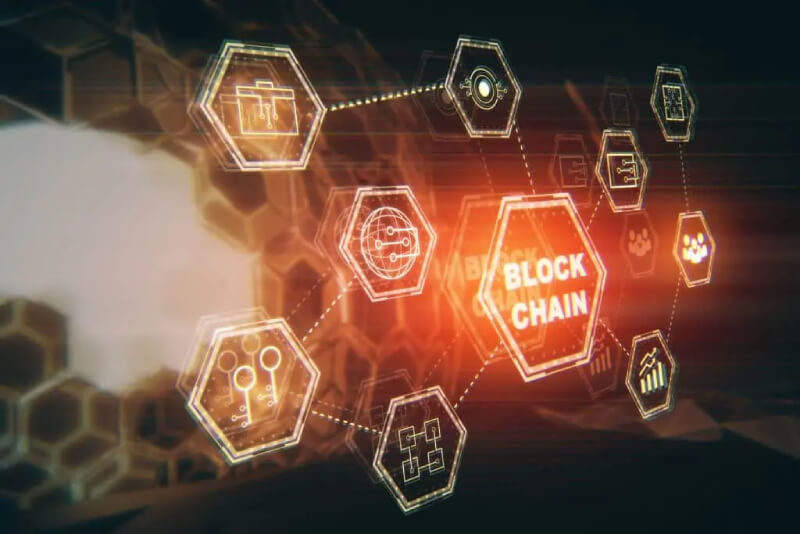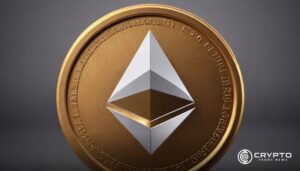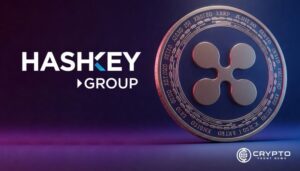- EU partners with ChromaWay to develop blockchain-based sustainable solutions, showcasing progress in decentralised applications.
- ChromaWay’s relational blockchain technology combines security and flexibility, supporting sustainability and operational efficiency.
- EU’s collaboration with ChromaWay highlights blockchain’s potential impact on public and private sectors, driving long-term sustainability.
The European Union, together with ChromaWay, has confirmed that blockchain-based sustainable solutions are being developed. On July 12, this judgment was made public subsequent to ChromaWay’s presentation at the EU Pre-Commercial Procurement (PCP) final review conference. During the review, ChromaWay showcased progress in decentralised applications for Digital Product Passports (DPP) and intellectual property (IP) rights.
Innovative Relational Blockchain Technology
ChromaWay’s presentation in Brussels highlighted their innovative relational blockchain technology. This strategy enhances the structure and complexity of on-chain data, increasing efficiency. Relational blockchain technology blends relational database flexibility with distributed blockchain security. Chromia, a public layer-1 platform for distributed apps, is supported by this technology and is scheduled to launch on July 16.
Co-founder of Chromia, Or Perelman, expressed enthusiasm about ongoing European cooperation. He emphasised the potential institutional uses of blockchain. Furthermore, he highlighted the importance of collaboration among governments, authorities, institutions, and blockchain entrepreneurs to realise Web3 technology fully.
The EU’s positive assessment of ChromaWay’s contributions shows the potential impact of relational blockchain technology on the public and private spheres. This endeavour aligns with the EU’s strategy to introduce state-of-the-art blockchain technology across multiple industries, with the goal of promoting sustainability and efficiency.
Advancing Technologies for Sustainability
The EU remains committed to advancing technologies that drive environmental and financial benefits across Europe. In July 2024, representatives from RBN Eco and ChromaWay will interview with the European Blockchain Association. They will assess compatibility with upcoming EU initiatives. Additionally, the team will attend a follow-up workshop in Brussels this September. This workshop will outline the next steps for Q4 2024 and into 2025.
Moreover, the EU has partnered with other blockchain solutions like Iota. In June 2024, the European Commission selected Iota for its Web3 ID for the blockchain sandbox. This ongoing commitment to blockchain innovation demonstrates the EU’s dedication to leveraging advanced technologies for sustainable development.
ChromaWay’s relational blockchain technology offers major benefits for business solutions. By combining the security of blockchain with the flexibility of relational databases, it addresses complex data structures efficiently. This advancement promises to drive improvements in sustainability and operational efficiency.
The EU’s collaboration with ChromaWay represents advancement toward the mainstream application of blockchain technology. Enhancing efficiency, security, and transparency across multiple industries are the objectives of the effort. As long as the EU continues to finance technical advancements, projects like this one will be crucial to meeting long-term sustainability targets.





